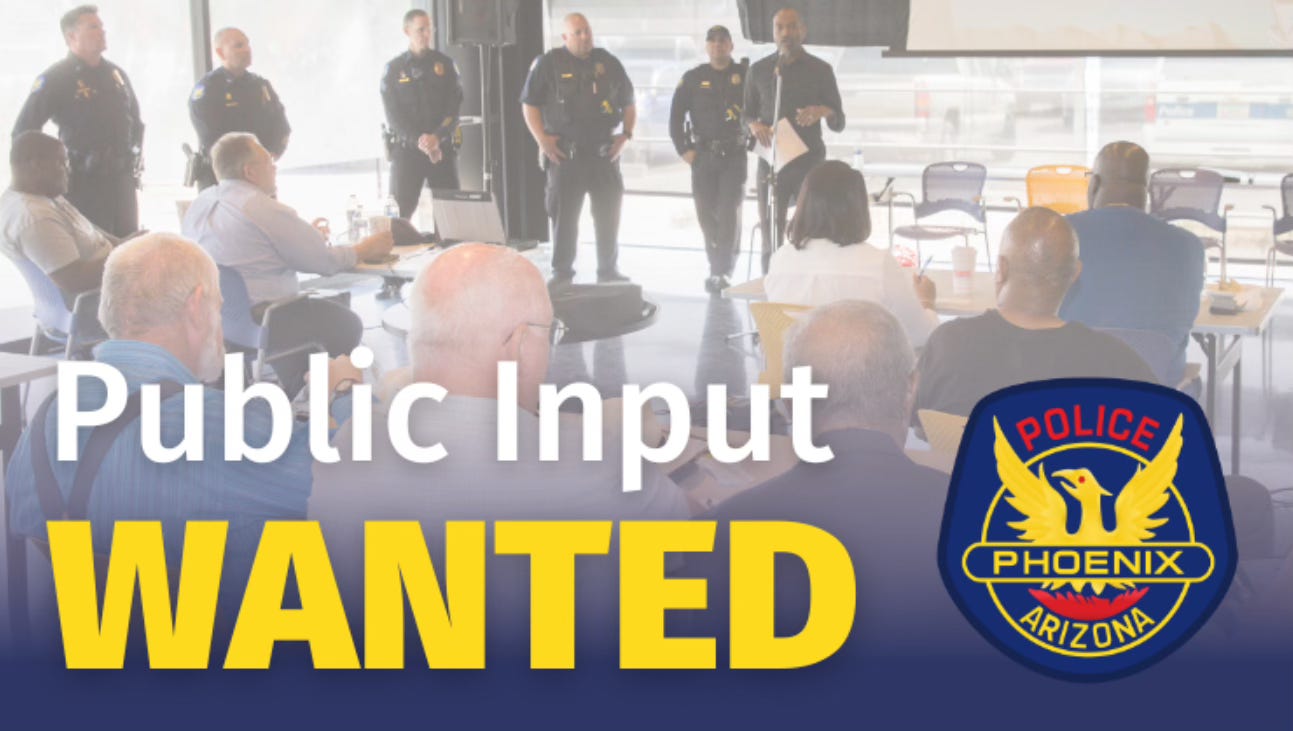Kryptonite Your Agency Policy
After A Decade Of Discussing This Method, It's Finally Being Done
One of the largest weapons wielded against law enforcement is policy. An agency can do everything right in researching, writing and implementing policy but every lawsuit or vocal complaint typically attacks agency policy. Whether your policy conforms to standards of large organizations such as the IACP or you utilize an excellent resource like Lexipol to keep them updated, none of that keeps others from blaming your lack of policy on any issue that may be perceived as controversial.
It’s a catchall term that constantly places law enforcement leaders on their heels discussing an issue that, if done correctly, should never have to be discussed. I recognized this decades ago and more troubling, I recognized that we often will change a policy based on the complaint of a few, regardless if the policy was wrong or not.
I discussed a solution in my book "The Courageous Police Leader" years ago and I have been teaching it in our seminars for the last decade. Policy development and implementation should consist of the following:
Rely On The Experts
I’m not discounting the opinion of large police organizations or services that provide sound policy but every agency will have someone within the agency that lives and breathes that issue the policy is about. The key is to forget about rank. Rarely does the chief or policy writer know everything there is to know about a certain policy so we should reach out to those within the agency that do and get their input.
Feedback From Users
Once a policy is developed, the end users of that policy (police officers) need to review and provide feedback on that policy. Those writing the policy are not always the users of the policy and at times, what translates from paper to practice doesn’t make sense. Not every critique may end up modifying the policy draft but those responsible for carrying out the policy need to be heard and understood.
Those first two suggestions for policy were nothing new when I wrote them. My agency had been doing that for years and I saw the benefit but the final suggestion had never been done (to my knowledge) until recently.
Add The Kryptonite
Once a policy is developed and reviewed, prior to release the community should be given an opportunity for feedback. Before you call me a crazy, hear me out.
After any “controversial” incident, policy is attacked. It doesn’t matter how good the policy is or if the policy had anything to do with the controversy and far too often, agencies change policy for the worse based on the so called outrage.
But what if those same three people yelling at the city council meeting had an opportunity to review the policy long before they became police policy experts?
That is what you call going on the offense.
I doubt those screaming about something they know nothing about have any shame but it certainly seems hypocritical to complain about a policy they had an opportunity to review and said nothing prior to their newly found outrage.
This can be done in numerous ways but I like it in person and in public. There is something about having to show your face that keeps the trolls in their parent’s basement.
Agencies should document who shows up and any comments or suggestions made. The truth is few, if any, would be interested in reviewing police policy without the associated controversy.
Phoenix Police Department
To my knowledge, I didn’t know of any agencies doing this…until now. The Phoenix Police Department placed a new policy online and gave the community a two week notice to submit feedback. While placing it online opens the feedback mechanism up to some that may not have the best intention and could water down the process, I’m pleased this is being done.
This should be standard practice for most policies that do not compromise safety, etc. and I'm encouraged from the actions in Phoenix. Granted, not every comment or suggested change can be implemented but without providing the opportunity for review in times of peace, a leader is simply setting his or her agency up for chaos in times of controversy.
Dr. Travis Yates retired as a commander with a large municipal police department after 30 years of service. He is the author of “The Courageous Police Leader: A Survival Guide for Combating Cowards, Chaos & Lies.” His risk management and leadership seminars have been taught to thousands of professionals across the world. He is a graduate of the FBI National Academy with a Doctorate Degree in Strategic Leadership and the CEO of the Courageous Police Leadership Alliance.



Getting the community’s input on policy can be a little risky but it does make sense. It also speaks to transparency which is also a little risky but is certainly the sign of a healthy agency. Speaks to honesty and integrity.
I couldn't agree more. Doing town halls where registration is required, though attendance is free, is a great way to put in a text box requiring asking what are the most important questions they want answered.